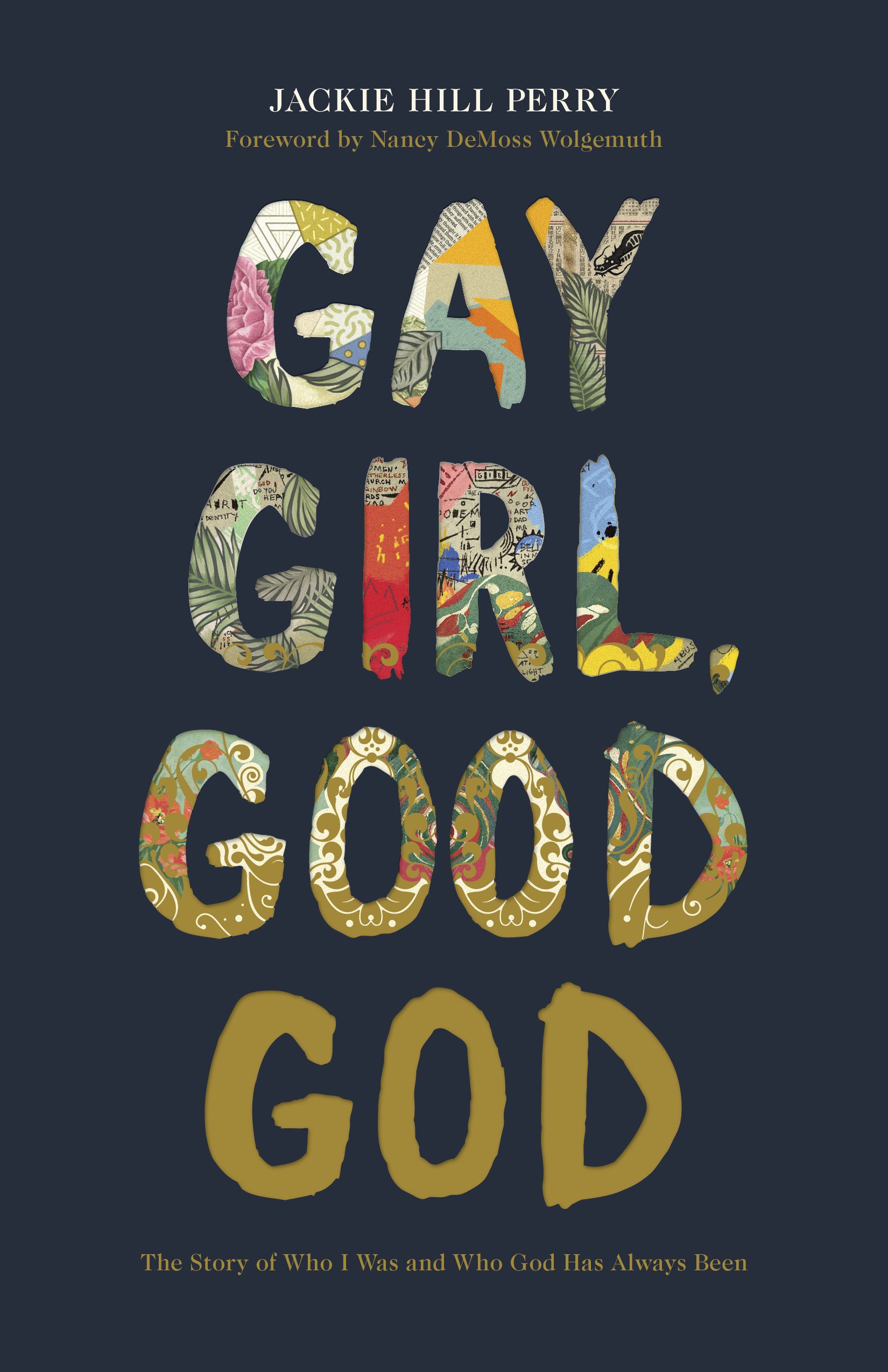I couldn’t be more different from Jackie Hill Perry.
I’m a man, she’s a woman.
I’m white, she’s black.
I’m from the wealthier side of Melbourne, Australia. Jackie is from a rougher area in Chicago, USA.
I’m hetero, she’s a former lesbian.
There’s a few differences, yet at the same time we now find ourselves brother and sister in Christ. No matter the differences of the past, or the differences now, our stories intersect as part of God’s grander story in Christ. And what a privilege that is having now read Jackie’s memoir, Gay Girl, Good God.

Gay Girl, Good God
Jackie Hill Perry
This is a deeply personal story of a life that leads to God. In among the muck; the violence, abuse, sadness, depression, and struggle Jackie’s story is also a story of hope, transformation, love, encouragement, inspiration, and challenge.
From the very beginning of her book Jackie tells the story of her life in two particular parts. The story of who she was and the story of who she is becoming.
Part one details life as it was for Jackie growing up. From her birth to a teenage mum, to sexual abuse by the age of seven, to the attractiveness of women from early primary school, and then the acceptance of lesbianism as part of her identity in high school. Throughout these years Jackie depicts what life was for her, but also what life was like without God.
This doesn’t mean there aren’t chapters peppered with theological reflection. Looking back on that time—even on the years of wrestling with her identity and her sexual self—Jackie sees that God was at work. She believes that God created her, and that—as one of his creatures—he loved her deeply.
In part two we read about the challenge it was for Jackie to encounter God and be forced to come to terms with how his story intersected with her own. We see the work of God in her heart and mind—the new creation she is becoming in Christ.
There will be readers of these chapters who will not be convinced by Jackie because of their understanding of sexuality and personhood. And while Jackie doesn’t spend time detailing her thinking about these things in this part of her book, the focus is again pointed toward God and the way he has brought about a renewed heart. Jackie writes,
The same Bible that condemned me held in it the promises that could save me. I just had to believe it. “It” being what it said about Him: God. Jesus had the guilty in mind when He was hung high and stretched out wide. On it, He died in my place, for my sin. He bare-bodied and face set on joy, became as slaughtered lamb underneath the wrath of God. You would think His Father would have a better memory than that. Didn’t he know that that wrath was mine? It even had my name on it. But He knew. His justice wouldn’t allow Him to forget. His love is what He wanted me to know and remember, and I did. (p75-76)
Again, Jackie’s story is not just a story of her wrestling with same-sex attraction. It is also the story of God at work. And she continually points this out as you read her words.
The whole question of who we are (our identity) is relevant to all of us, straight or gay. And so in some sense it doesn’t matter the “outcome” or “result” of her struggle. What matters is how God has impacted Jackie through that identity struggle; how he continues to work in her world. What is relevant to us as readers is being assured that we are known by God and can put our trust in Christ, the answer to the satisfaction we desire in this world. It is Jesus who gives us the right reference point for our identity, no matter how we see or label ourselves.
Many readers will, however, be pleased to know that Jackie does have a part three to her work where she spends time reflecting on same-sex attraction, identity, and the Gospel. And I was certainly appreciative of this as well. Here Jackie teaches on what it is to be a follower of Jesus and find yourself attracted to the same sex. This section is saturated with scriptural reflection and should be an encouragement for anyone.
I would highly recommend this book, particularly to those who are wrestling with their sexuality or identity. I would also suggest that if sexual sin of any kind is an issue for you—sexual promiscuity, pornography, or whatever—then this book will do wonders for you too. We live in a culture crying out for guidance and a solid reference about identity. The fact that this book is about identity, and what happens when God disrupts our lives, makes this book well worth reading.















